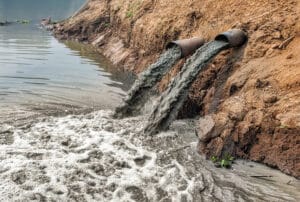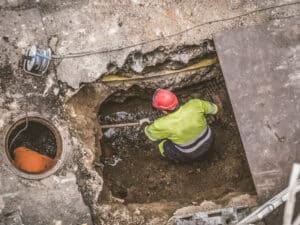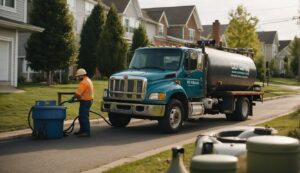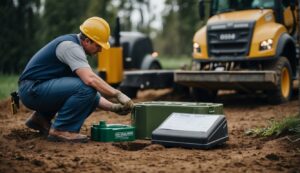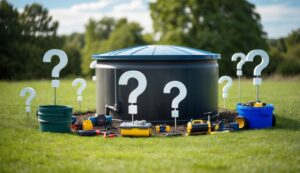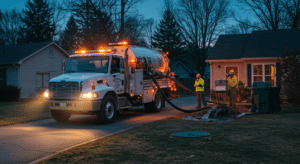Cesspool emergencies can be costly, inconvenient, and potentially hazardous, and taking steps to prevent them is always a good idea. Here are a few tips for preventing a cesspool emergency.
Regular Maintenance
One of the most effective ways to prevent cesspool emergencies is to perform regular maintenance on your system. This includes having the cesspool pumped out on a regular basis, inspecting the system for signs of damage or wear, and addressing any issues that arise.
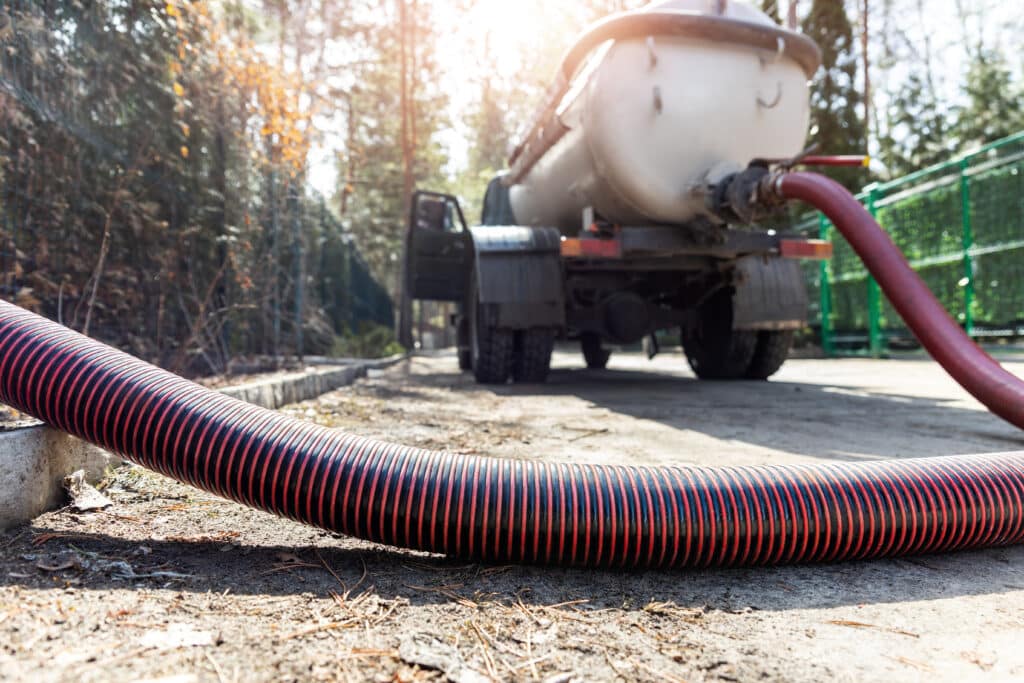
Pumping out the cesspool removes excess wastewater and solid waste that has accumulated in the system, helping to prevent blockages and overflows. Inspecting the system regularly can help you identify potential problems before they become emergencies, and addressing issues early on can help prevent them from worsening over time.
Avoid Flushing Inappropriate Items
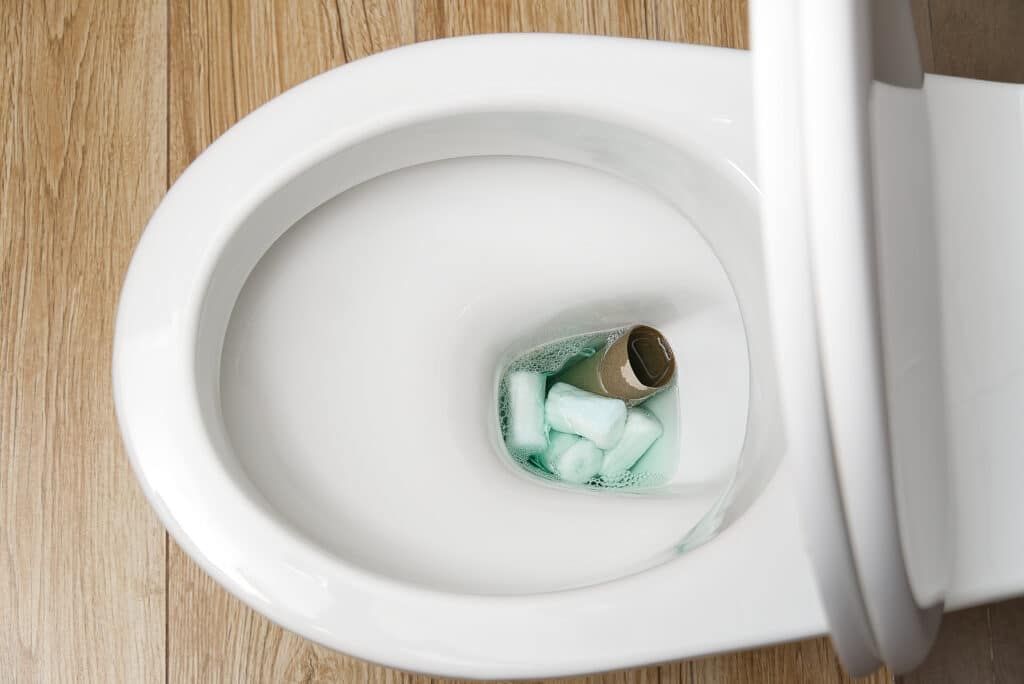
Cesspools are not designed to handle large or non-biodegradable items, such as diapers, feminine hygiene products, paper towels, or tissues. Flushing these items down the drain can cause blockages and other problems.
To prevent these types of issues, it’s important to be mindful of what you put down the drain. Keep a trash can near the toilet for disposing of non-biodegradable items, and encourage family members and guests to do the same.
Be Mindful of What You Put Down the Drain
In addition to avoiding flushing inappropriate items, it’s also important to be mindful of what you put down the drain in general. Avoid pouring grease or oil down the drain, as these can accumulate and cause blockages.

It’s good practice to wipe down pots and pans with a paper towel before washing them, and dispose of the towel in the trash. This will help prevent grease from building up in your cesspool and causing problems.
Identify and Address Potential Issues Early On
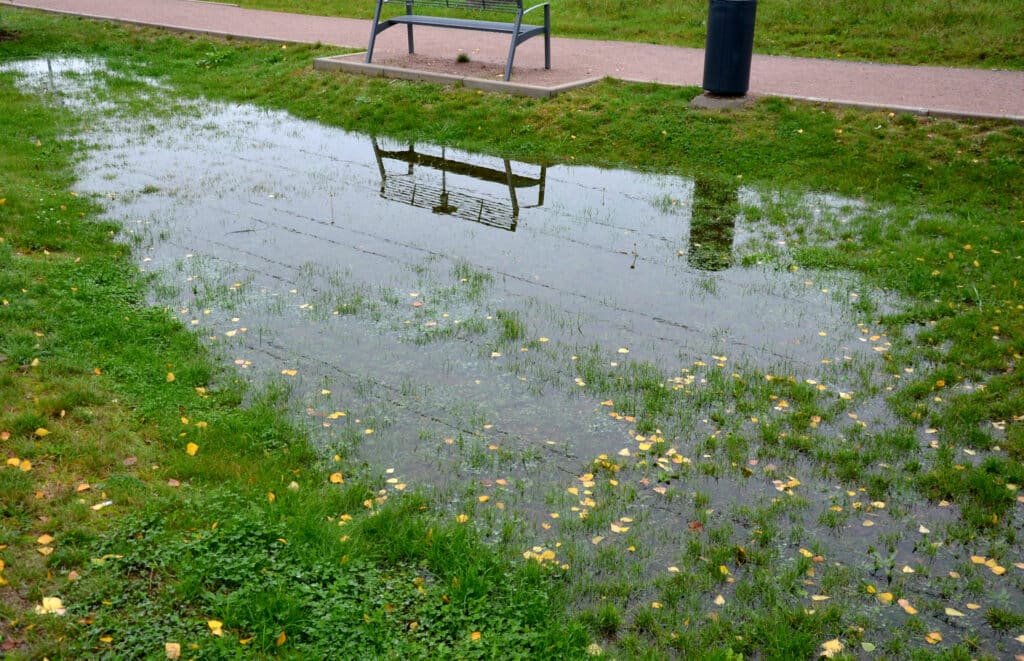
If you notice any unusual smells or sounds coming from your cesspool, or if you experience any other issues, it’s important to address them as soon as possible. By identifying and addressing potential issues early on, you can prevent them from turning into emergencies.
For example, if you notice a strange smell coming from your cesspool, it may be a sign of a blockage or leak. In this case, it’s important to call a professional to assess the issue and determine the cause. By addressing the problem early on, you can prevent it from worsening and potentially turning into a full-blown emergency.
This ties into our earlier tip about being proactive about your cesspool maintenance. We can’t stress enough how important it is to be performing regular inspections of your system, cleaning the cesspool regularly, and replacing any damaged or worn parts as needed. By taking these steps, you can help ensure that your cesspool is functioning properly and prevent future emergencies.
It’s also a good idea to be aware of the signs of a cesspool emergency, so you know when to call for help. Some common signs of a cesspool emergency include:.
- Strange smells: If you notice a strong, unpleasant smell coming from your cesspool, it may be a sign of a blockage or leak.
- Slow drains: If your drains are slow to clear, it may be a sign of a blockage in your cesspool.
- Overflowing cesspool: If your cesspool is overflowing, it’s a clear sign of a problem and requires immediate attention.
- Sinkholes: If you notice sinkholes forming near your cesspool, it may be a sign of a collapsed or damaged system.
By being aware of these signs and taking steps to prevent cesspool emergencies, you can help ensure that your system is functioning properly and avoid costly, inconvenient, and potentially hazardous issues.
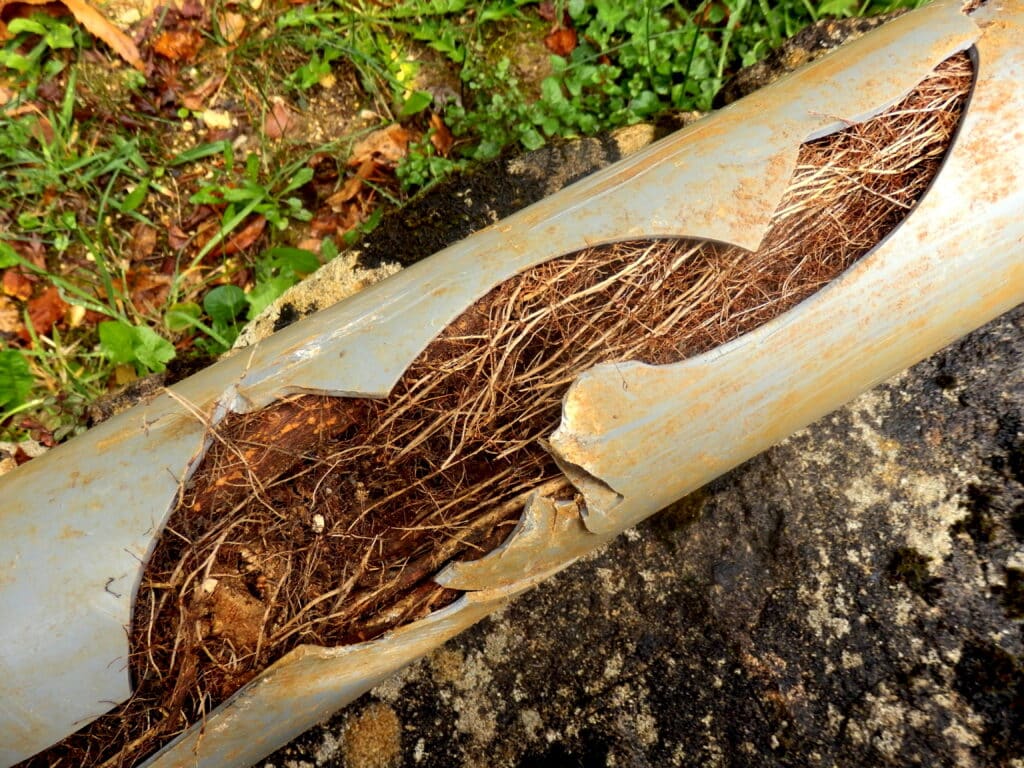
Preventing cesspool emergencies is important for maintaining the health and safety of your family, your home, and the environment. By performing regular maintenance, avoiding flushing inappropriate items down the drain, being mindful of what you put down the drain, and addressing potential issues early on, you can help prevent cesspool emergencies from occurring.
If you do experience an emergency, it’s important to call a professional to assess the issue and determine the cause. By responding quickly and working with a qualified professional, you can get the problem resolved quickly and efficiently, minimizing the risk of further damage and ensuring that your home’s wastewater treatment system is functioning properly.
Additionally, with the rebate and grant programs currently available in New York and on Long Island, there’s a good chance you may qualify to fix your cesspool emergency and replace your cesspool with a new, nitrogen-reducing I/A OWTS septic system at little or possibly even no cost to you. Before you call a generic cesspool service, call us for a free consultation to see if you qualify.

